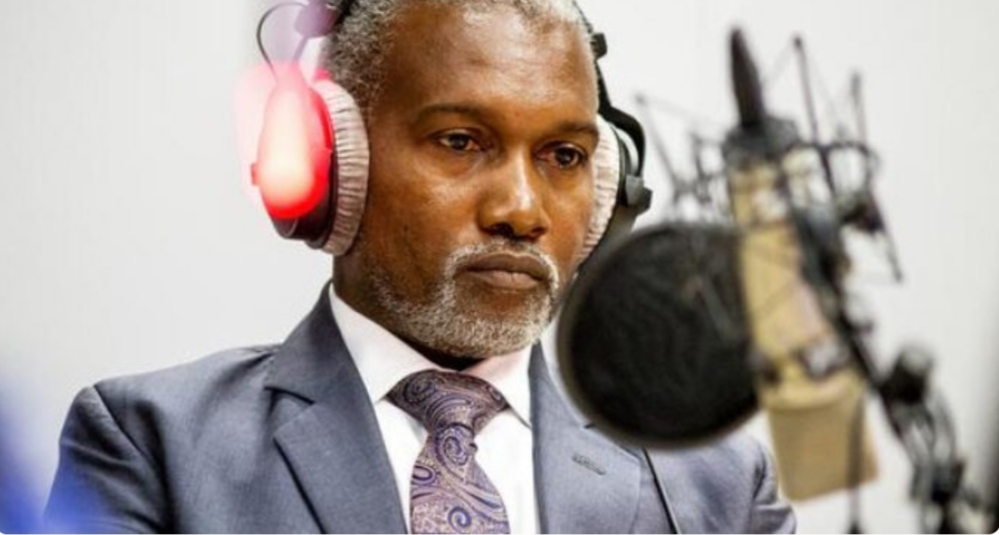Nigeria’s ambassador to Germany, Yusuf Maitama Tuggar has stated that Nigeria can not allow Twitter, the microblogging platform, to be used to subvert its democracy.
Addressing Nigeria’s Twitter ban on DW’s ‘Conflict Zone’, he said Nigeria operates a democratic system of government and that one of the most important norms of government is freedom of speech, which Nigeria upholds and protects.
“But you cannot allow certain elements to use those democratic norms to subvert democracy itself, which is what they are trying to do,” he said.
He denied that the federal government suspended Twitter because of the removal of a tweet by President Muhammadu Buhari.
According to the ambassador, the reason Twitter was shut down was because it has been “airing pictures, videos and the vituperations of people that are looking to unravel Nigeria which ends up in killings”.
“President Buhari has been consistent about the adverse effect of social media when it chooses not to be responsible for the real world,” he said.
Speaking about the security situation in Nigeria, Tuggar said Buhari had “done a lot in terms of security when he came into office in 2015. Boko Haram in the northeast was holding about 18 local government areas. Today, it doesn’t hold a single local government area”.
The ambassador described the kidnapping of schoolchildren as “most unfortunate” and said the government was doing its best to bring this to an end.
Speaking further, he said negative media reports have also fuelled these acts of violence, kidnapping and terrorism.
Tuggar defended the military strategy of regrouping troops into super camps where they wait to repel attacks saying other countries such as Germany have similar strategies.
“You have to bear in mind that you’re often taking on an invisible enemy that’s continuously on the move,” he said.
Tuggar said the priority of the Nigerian government is to address most of these issues holistically and to tackle the root causes such as poverty and lack of effective governance.
“We have to make the choice whether to spend more on weapons or whether to spend on solving the issue of poverty,” he said.

